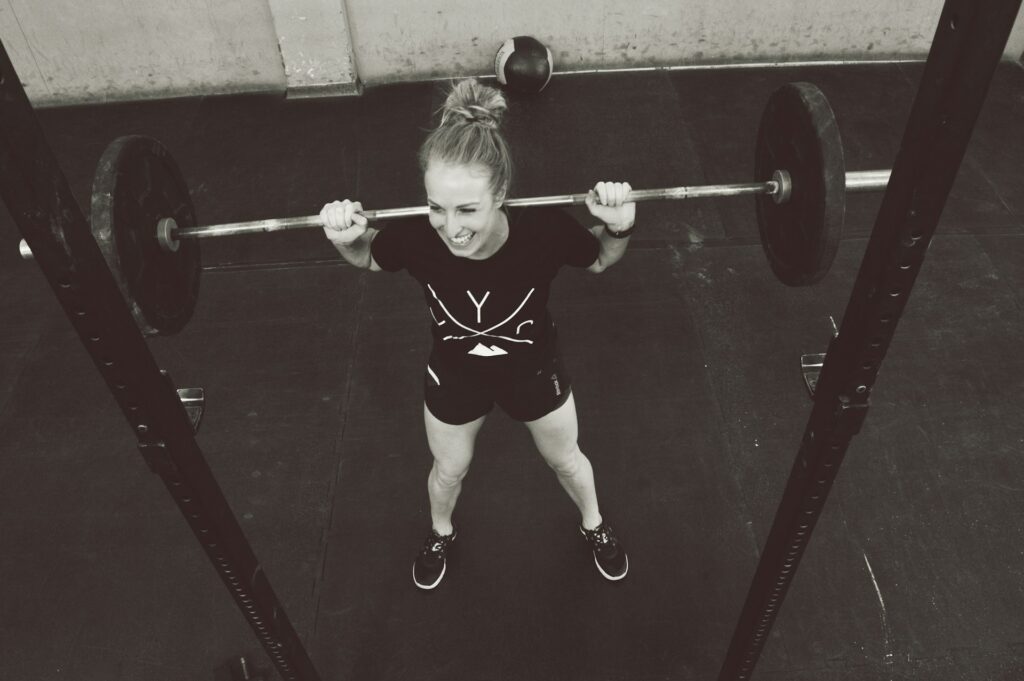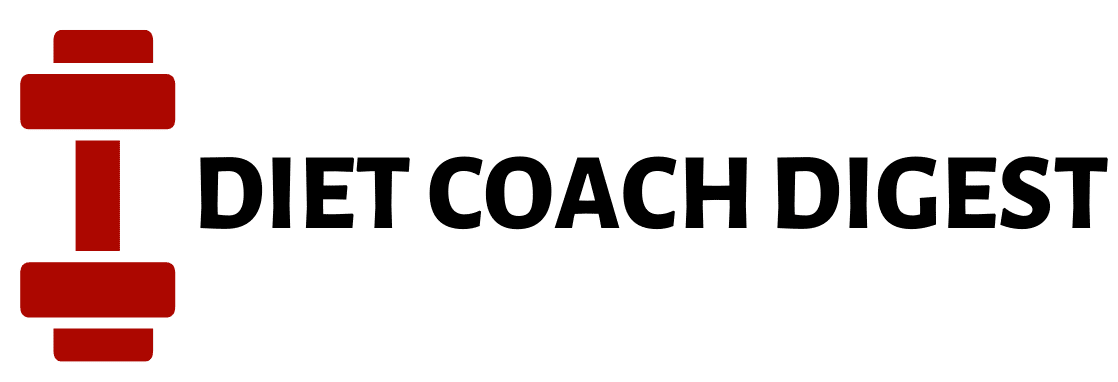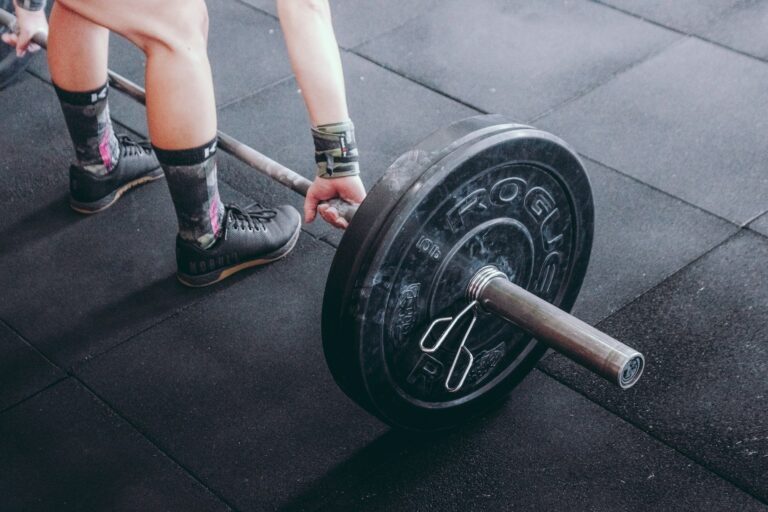Tailored Weight Loss Plans for Women Over 40: Ultimate Guide

- Should You Train To Muscle Failure Every Set? What You Need To Know - March 4, 2025
- Nutrition in a Hurry: Top Post-Workout Snacks for Active People - February 20, 2025
- 15 Healthy Meal Prep Recipes: Your Weight Loss Made Easy - February 18, 2025
“Tailored Weight Loss Plans for Women Over 40: Ultimate Guide” focuses on creating effective and personalized weight loss strategies designed specifically for women over the age of 40. You’ll discover how to navigate the unique challenges that come with hormonal changes and slower metabolism at this stage in life. This article provides invaluable insights and practical tips to help you achieve your health and fitness goals with plans that respect your individual needs. Get ready to embark on a journey towards a healthier you with expertise that ensures you maximize your results efficiently and sustainably. Have you found that shedding those extra pounds seems harder than it once did? If you’re a woman over 40 struggling to lose weight effectively, you’re not alone. As we age, our bodies undergo numerous changes that can make weight loss more challenging. But don’t worry, with the right tailored weight loss plan, you can maximize your results and achieve your health goals.

Why Weight Loss Gets Harder After 40
Understanding why weight loss becomes more difficult past 40 is essential for developing an effective strategy. Some of the primary reasons include hormonal changes, a slower metabolism, and muscle mass reduction. While these factors can be frustrating, knowledge is power. By understanding the underlying issues, you can take focused action to combat them.
Hormonal Changes
Hormones play a significant role in your body’s ability to lose weight. As you age, levels of estrogen, progesterone, and testosterone can fluctuate, leading to weight gain, particularly around the abdomen. This is especially prevalent around menopause.
Slower Metabolism
With age, your metabolic rate naturally slows down. This means your body burns fewer calories at rest than it did when you were younger. A slower metabolism means you have to be more conscientious about your caloric intake and physical activity.
Reduction in Muscle Mass
Muscle mass tends to decrease as you age, and since muscle burns more calories than fat, this leads to a further decline in your metabolic rate. Strength training can counteract muscle loss, making it a crucial element of any weight loss plan for women over 40.
Designing a Tailored Weight Loss Plan
A one-size-fits-all approach doesn’t work effectively for everyone, especially for women over 40. You need a plan that considers your unique physiological, psychological, and lifestyle needs. Here are the key components to consider:
Personalized Nutrition Plan
A diet plan tailored to your nutritional requirements and lifestyle is crucial. The focus should be on consuming nutrient-dense foods while managing portion control.
Key Nutrients to Focus On
| Nutrient | Importance for Women Over 40 | Food Sources |
|---|---|---|
| Protein | Helps in muscle maintenance and repair, increases satiety | Lean meats, beans, legumes, and dairy products |
| Fiber | Aids digestion, helps in feeling full, regulates blood sugar | Fruits, vegetables, whole grains |
| Healthy Fats | Supports hormone regulation and provides energy | Avocados, nuts, seeds, and oily fish |
| Calcium | Vital for bone health | Dairy products, leafy greens, fortified foods |
| Vitamin D | Enhances calcium absorption, supports immune function | Sunlight exposure, fatty fish, fortified dairy |
Balanced Macronutrients
A balanced intake of macronutrients—carbohydrates, proteins, and fats—is essential. Typically, a moderate reduction in carbs while increasing protein intake can help in burning fat and preserving muscle mass.
Hydration
Don’t underestimate the power of staying hydrated. Drinking adequate water daily can help in boosting metabolism, reducing hunger pangs, and flush out toxins.
Exercise: A Non-negotiable Component
Exercise is vital not just for weight loss but for overall health. A combination of cardiovascular, strength, and flexibility exercises is optimal.
Cardiovascular Exercise
Cardio workouts like brisk walking, jogging, swimming, or cycling can help burn calories and improve heart health. Aim for at least 150 minutes of moderate-intensity or 75 minutes of high-intensity cardio each week.
Example Weekly Cardio Plan
| Day | Activity | Duration |
|---|---|---|
| Monday | Brisk Walking | 30 mins |
| Wednesday | Swimming | 45 mins |
| Friday | Jogging | 30 mins |
| Sunday | Cycling | 60 mins |
Strength Training
Strength training is crucial for maintaining muscle mass. Incorporate weight lifting, resistance band exercises, or bodyweight exercises like squats and push-ups at least twice a week.
Example Weekly Strength Training Plan
| Day | Focus | Exercises |
|---|---|---|
| Tuesday | Upper Body | Push-ups, Dumbbell Rows, Shoulder Press |
| Thursday | Lower Body | Squats, Lunges, Deadlifts |
| Saturday | Core and Flexibility | Planks, Russian Twists, Yoga Poses |
Flexibility and Balance
Flexibility exercises, like yoga and Pilates, can improve your range of motion and reduce the risk of injury. Balance exercises become important as you age because they help prevent falls. Aim to include them at least once a week.
Mindfulness and Mental Well-being
Your mental state significantly influences your ability to lose weight. Stress, anxiety, and poor sleep can inhibit weight loss efforts. Incorporate mindfulness practices like meditation, deep breathing exercises, or journaling to manage stress effectively.
Sleep Hygiene
Adequate sleep is fundamental to weight loss. Aim for 7-8 hours of quality sleep per night. Create a bedtime routine to signal to your body that it’s time to wind down. This could include activities like reading, taking a warm bath, or simple stretches.
Stress Management
Chronic stress can lead to weight gain, particularly around the abdomen, due to elevated cortisol levels. Engage in regular mindful practices such as yoga, deep breathing exercises, or even hobbies that make you happy to manage stress levels effectively.

Incorporating Supplements Wisely
While a balanced diet should meet most of your nutritional needs, sometimes supplements can help, especially as your body changes with age. Always consult with a healthcare provider before starting any supplement to ensure it’s safe and beneficial for you.
Common Supplements for Women Over 40
| Supplement | Benefits |
|---|---|
| Calcium and Vitamin D | Supports bone health |
| Omega-3 Fatty Acids | Reduces inflammation, supports heart health |
| Probiotics | Enhances gut health and digestion |
| Magnesium | Supports muscle and nerve function |
| Multivitamin | Covers general nutritional gaps |
Tracking Your Progress
Tracking your progress isn’t just about numbers on a scale. Monitor various aspects like energy levels, mood, inches lost, and how your clothes fit. Use a journal or an app to record your journey, which helps in identifying what works and what doesn’t.
Regular Check-Ins
Set aside time each week to review your progress. Evaluate what went well, what could be improved, and make necessary adjustments to your plan. Regular check-ins can help you stay motivated and on track.
Non-Scale Victories
Celebrate non-scale victories such as improved stamina, better sleep, or the ability to lift heavier weights. These indicators are also important measures of your success and overall well-being.

Professional Help: When and Why
There are times when seeking professional guidance can make all the difference. A qualified nutritionist, dietitian, or personal trainer can offer personalized advice and support to help you achieve your goals more effectively.
Building a Support System
Having a strong support system can enhance your weight loss journey. Whether it’s a friend, family member, or a support group, having someone to share your struggles and victories with can provide the encouragement and motivation you need.
Final Thoughts
Weight loss for women over 40 doesn’t have to be an uphill battle. By understanding the unique challenges that aging presents and tailoring a plan that fits your individual needs, you can maximize your results and achieve your weight loss goals. Remember, it’s a journey, not a race. With patience, consistency, and a positive mindset, you can create lasting change and improve your overall well-being.
So, are you ready to take that first step towards a healthier you? Let’s do this together, one workout at a time!
Table of Contents







